INCLUSIVITY AND DIVERSITY IN DIGITAL FASHION: FALLACY OR FACT?
The traditional fashion industry by it’s very nature is exclusive. It will only give a seat at the table to
people who look, talk and act in familiar ways.
This homogeneous nature and phobia for diversity is what digital fashion aims to eradicate, with
statements such as "The next Coco Chanel could be a 12 year-old Roblox designer’,…acrued to Cathy
Hackyl, proclaimed ‘god-mother’ of the metaverse.
However, is digital fashion towing the same path by being exclusive by default?
The Oculus quest headset, used in accessing many spaces within the metaverse retails for between four hundred to six hundred dollars….quite affordable for the average American but in Nigerian naira, is equivalent to over half a million naira (about N550,000), thus disenfranchising the over 70% youthful population of the most populous and tech-savvy black nation in the world!
Designing garments in 3D requires expensive computer systems that cost thousands of dollars.
Popular 3D garment design software such as CLO 3D, attract a monthly subscription rate of $50
…affordable for the average American but not for the average Nigerian designer.
Upskilling to 3D is also quite expensive, with certificate courses costing thousands of dollars, making it
almost impossible for the average African to access.
So the question bears asking: Is digital fashion by default exclusive? Has it cut off a certain sector of
society that cannot afford the very technology on which it runs?
What can it do to break the barriers it has put up unknowingly? Thereby returning to it’s initial purpose
of being accessible to all?
Two people who have made a move to break this cycle are Leslie Holden and Sean Chiles of The Digital Fashion Group.
The digital fashion group is a European -led coalition between fashion academia and digital industry
experts to provide world-class training in digital fashion transformation and design.
In January of 2023, they signed an agreement with CLO virtual fashion to provide scholarships and free subscriptions to community members of The Fashion Collective Naija, a community of African fashion creatives founded by Omonigho Aito-Imonah.
This scholarship, termed "The Equity scholarship" aims at bridging the knowledge gap and giving
accessibility to digital fashion for an excluded group of society…the Africans.
While this is laudible, it is important to note that this is just a step in the right direction and there is
much to be done to increase accessibility such as:
The provision of laptops for Scholarship recipients to get maximum value from the scholarship.
Provision of jobs and paid projects for scholarship recipients after graduation.
Contests to shed light on talent.
Accelerators to incubate start-ups in African digital fashion.
3D software design companies such as CLO and Unreal engine to set-up branches in Africa to
train people en- masse on digital fashion adaptation.
These are a few of many ways digital fashion can open it’s doors and be more culturally inclusive.
And who knows, the next Virgil Abloh might be a 10 year-old Roblox designer’ on the streets of Lagos
Nigeria!
Metaverse Fashion News
READ MORE



